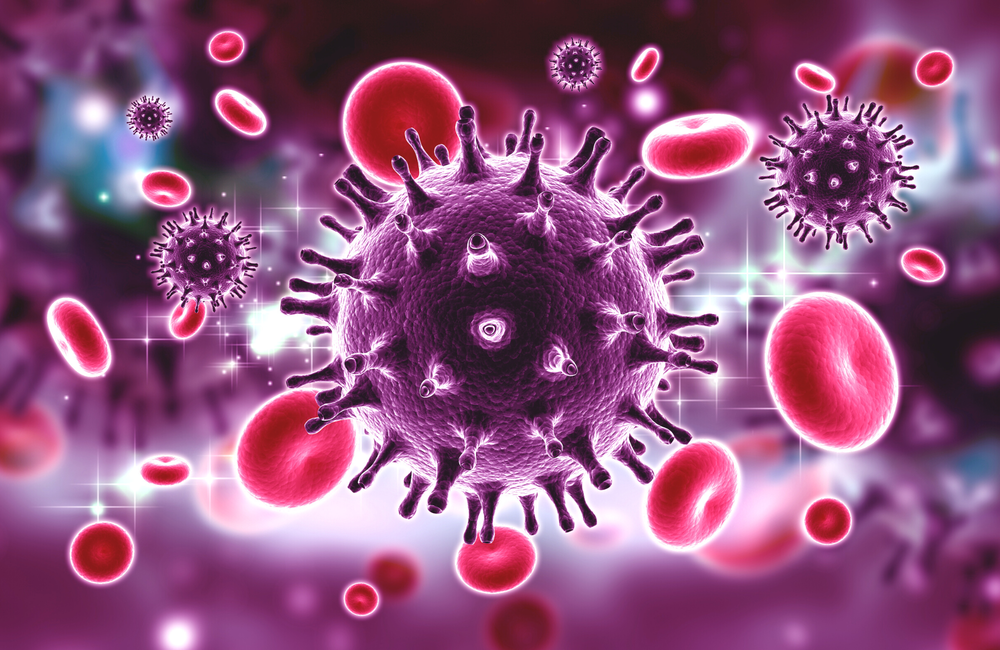In a press briefing held in Abuja on Friday to commemorate World AIDS Day, Dr Gambo Aliyu, the Director-General of the National Agency for the Control of AIDS (NACA), revealed that an estimated 1.8 million Nigerians are currently living with HIV.
The staggering number underscores the persistent challenges facing the country in its battle against the epidemic.
Out of the total, approximately 1.63 million individuals are undergoing treatment with Antiretroviral Therapy (ART), marking a significant step forward in Nigeria’s efforts to combat the spread of the virus.
According to Dr Aliyu, 58% of those living with HIV in Nigeria are female, with 42% being male.
The country also contributes to about 30% of the global gap in preventing mother-to-child transmission of HIV.
Related News: https://savingpointmedia.com/65-kidnappings-20-fatalities-in-cross-river-sparking-security-concerns/
World AIDS Day, observed annually on December 1, serves as a global initiative to prevent new infections, enhance HIV awareness, and commemorate those affected by the disease.
This year’s theme, “Communities: Leadership to End AIDS by 2030,” underscores the critical role of community engagement in achieving the ambitious goal of eradicating AIDS as a public health threat within the next decade.
Nigeria, holding the second-largest burden of HIV infection globally, has made notable progress, but Dr Aliyu emphasized that there is still much work to be done.
Despite these challenges, Dr Aliyu acknowledged the contributions of development partners and global communities and expressed the government’s commitment to ending AIDS in Nigeria by 2030.
Praising the resilience, determination, and leadership exhibited by various communities, Dr Aliyu urged for the mobilization of community leaders, including policymakers, service providers, traditional and religious leaders, women, men, young people, vulnerable groups, and civil society.
This collective effort aims to address systemic inequalities driving the HIV epidemic and ensuring equal access to life-saving services for all individuals.
As Nigeria grapples with the complexities of HIV, the call for community leadership takes center stage, emphasizing the need for collaborative efforts to achieve gender-equitable social norms and equality in the uptake of HIV prevention and treatment services, particularly in the prevention of mother-to-child transmission of HIV.
The nation stands at a crucial juncture, and concerted action at the community level is deemed essential in the fight against HIV.
You can also read: https://savingpointmedia.com/stakeholders-allege-western-banks-funding-environmental-degradation-by-oil-corporations/


